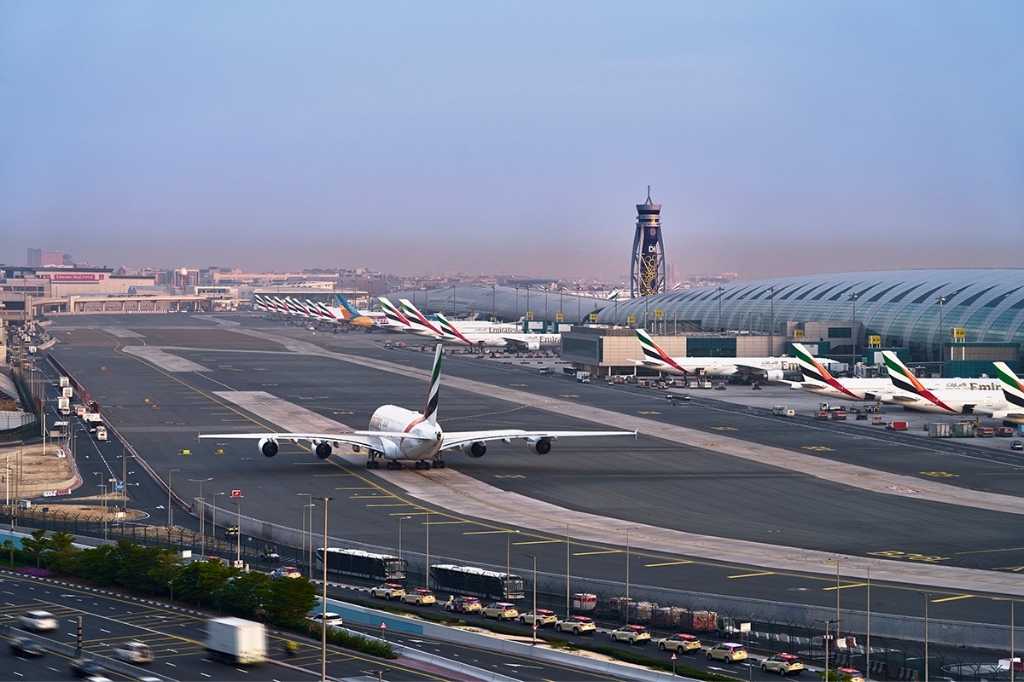This Saturday China Southern Airlines launched its first-ever direct passenger flight from Shenzhen to Mexico City. Reports suggest that this is now the longest non-stop regular commercial flight to originate in China. The flight covers an intercontinental distance of 14, 147 kilometres.
Travellers can explore this new route twice weekly, and experience the only direct route from China to Mexico and from China to Latin America. The timing for the regular outbound and inbound flights are as follows:
- Regular outbound flights will depart from Shenzhen at 9 p.m. local time every Tuesday and Saturday, arriving in Mexico City at 11 p.m. local time.
- Inbound flights leave from Mexico City at 1 a.m. local time every Wednesday and Sunday, arriving in Shenzhen at 12:20 p.m. local time the following day after a layover in Tijuana, a city in northwest Mexico.
Hou Ming, the Deputy General manager of the Shenzhen Company of China Southern Airlines also reports that the airline has signed cooperation agreements. This includes airlines like Aeromexico. With these agreements, the airline can connect flights that reach major cities within Mexico as well as South American cities such as Sao Paulo in Brazil, Buenos Aires in Argentina, and Lima in Peru. This new route also sets a record as the world’s 8th longest flight, according to the aviation analytics database Official Aviation Guide.
The opening of the route will better cater to diverse needs such as tourism, business, and people-to-people exchanges between the two nations, bringing positive outcomes for strengthening pratical cooperation and enhancing bilateral relations says Jesus Seade – Ambassador of Mexico to China.
Prior to this, China Southern also announced amazing new destinations that travellers can explore before 2026. This includes 17 international destinations. According to Reuters report, the new routes for China Southern Airlines include Amsterdam (AMD), London (LON), Doha (DOH), Riyadh (RUH), and Tehran (THR).








